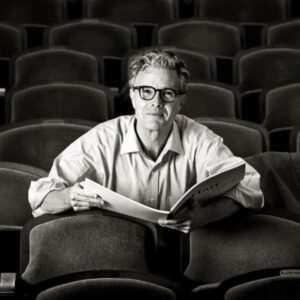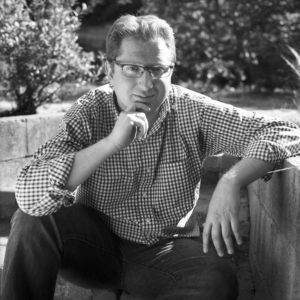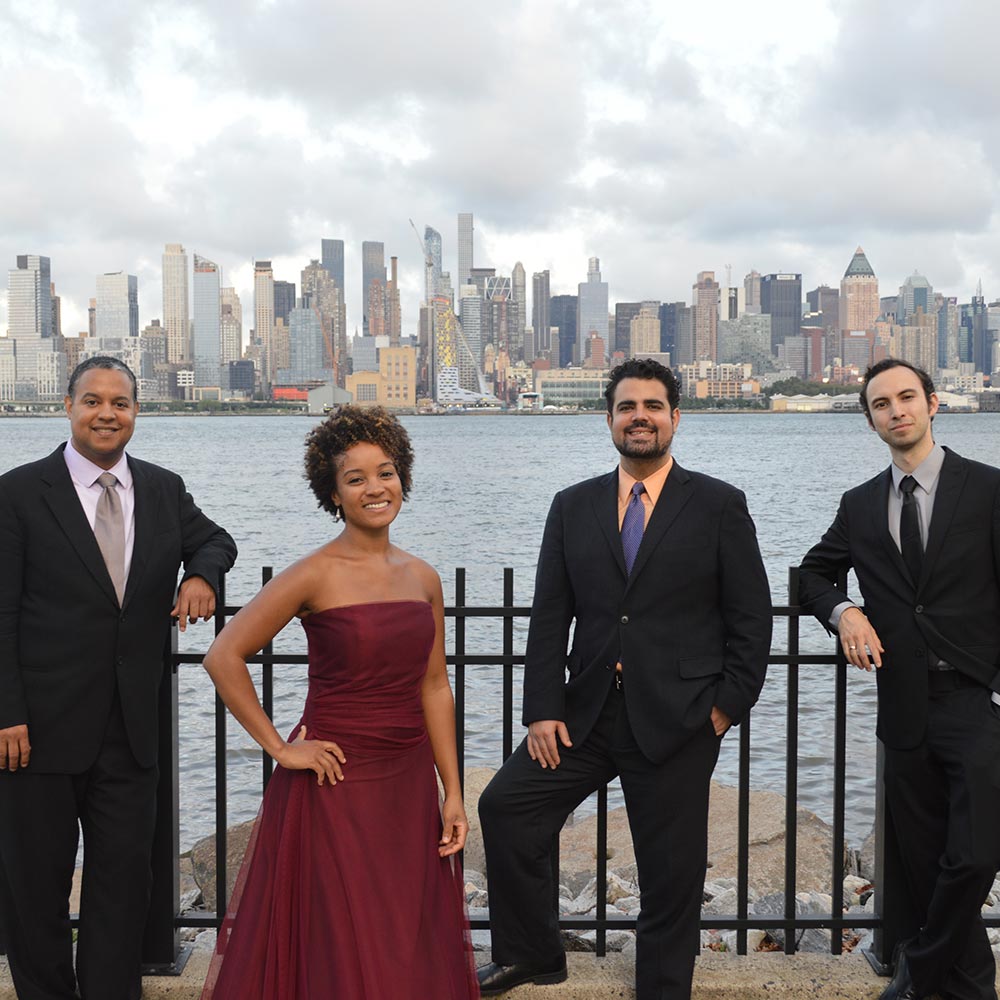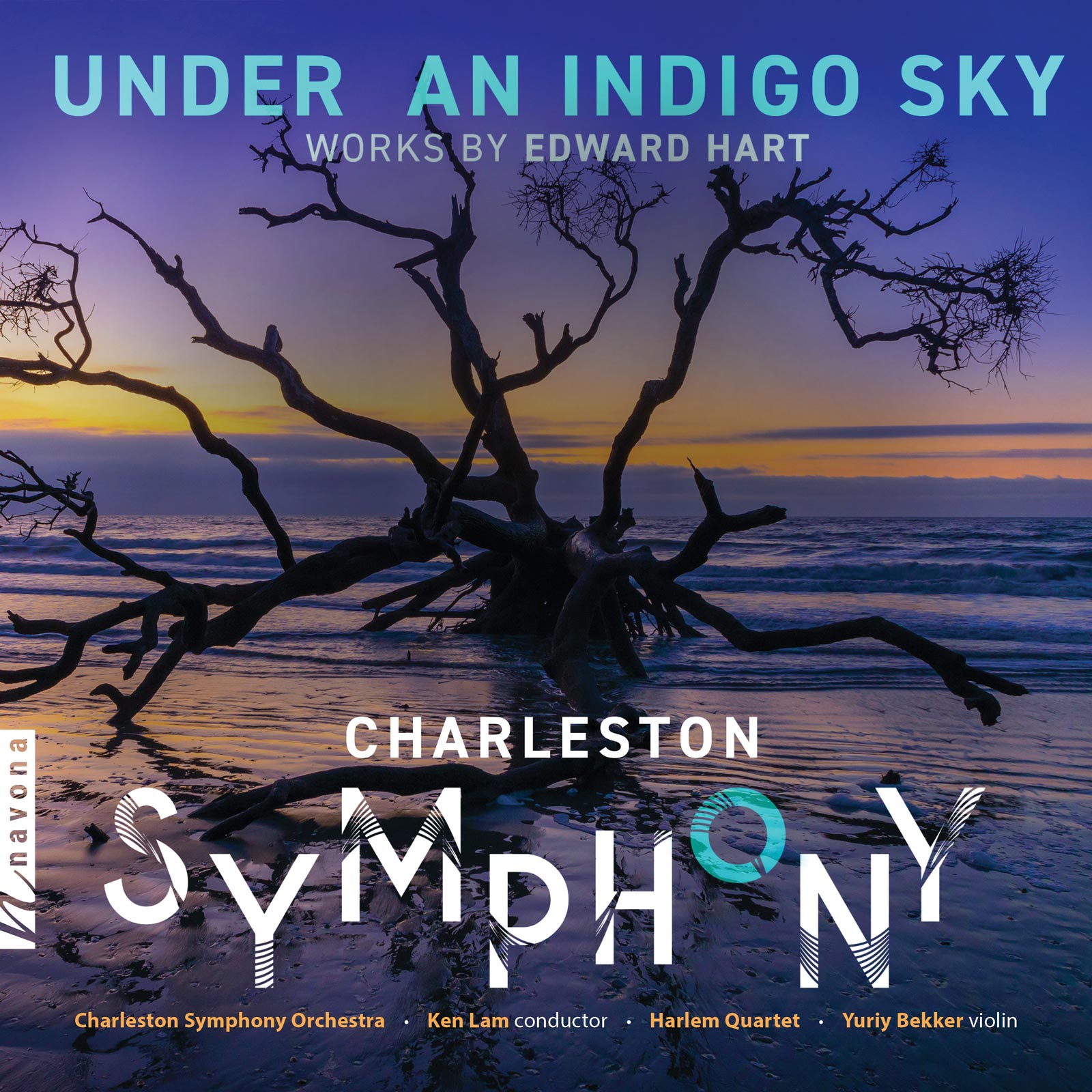Under an Indigo Sky
Edward Hart composer
Charleston Symphony Orchestra | Ken Lam conductor
Harlem Quartet
Yuriy Bekker violin
Edward Hart’s UNDER AN INDIGO SKY features A Charleston Concerto and Under an Indigo Sky, two concertos that celebrate and reflect the history and culture of the Southeastern United States. A native of Charleston SC, Hart finds inspiration in the natural beauty and multicultural heritage of his homeland. A Charleston Concerto was written to commemorate the 350th Anniversary of the City of Charleston; it features a collaboration with the Charleston Symphony and the world-renowned Harlem Quartet. It takes an unflinching yet ultimately hopeful view of the city’s complex history over those three and a half centuries. Under an Indigo Sky for violin and orchestra is a musical love letter written to Hart’s geographical home. It explores both the physical splendor of the mountains and coast, but also the feel and “soul” of these breathtaking places.
Listen
Stream/Buy
Choose your platform
Track Listing & Credits
| # | Title | Composer | Performer | |
|---|---|---|---|---|
| 01 | Under an Indigo Sky: I. Fast Flowing Rivers | Edward Hart | Yuriy Bekker, solo violin; Charleston Symphony Orchestra | Ken Lam, conductor | 10:39 |
| 02 | Under an Indigo Sky: II. Warm Salt Air | Edward Hart | Yuriy Bekker, solo violin; Charleston Symphony Orchestra | Ken Lam, conductor | 16:34 |
| 03 | Under an Indigo Sky: III. Misty Blue Horizon | Edward Hart | Yuriy Bekker, solo violin; Charleston Symphony Orchestra | Ken Lam, conductor | 9:28 |
| 04 | A Charleston Concerto [WORLD PREMIERE]: I. Discovery | Edward Hart | Harlem Quartet | Ilmar Gavilán, Melissa White - violin; Jaime Amador, viola; Felix Umansky, cello; Charleston Symphony Orchestra | Ken Lam, conductor | 11:57 |
| 05 | A Charleston Concerto [WORLD PREMIERE]: II. Tragedy and Reconciliation | Edward Hart | Harlem Quartet | Ilmar Gavilán, Melissa White - violin; Jaime Amador, viola; Felix Umansky, cello; Charleston Symphony Orchestra | Ken Lam, conductor | 12:11 |
| 06 | A Charleston Concerto [WORLD PREMIERE]: III. Tomorrow | Edward Hart | Harlem Quartet | Ilmar Gavilán, Melissa White - violin; Jaime Amador, viola; Felix Umansky, cello; Charleston Symphony Orchestra | Ken Lam, conductor | 11:27 |
Under an Indigo Sky
Recorded September 27 & 28, 2019, at the Gaillard Center Performance Hall in Charleston SC
Produced and Edited by Thomas C. Moore
Recorded, Mixed and Mastered by Robert Friedrich
A Charleston Concerto
Recorded April 15 & 16, 2022 at the Gaillard Center Performance Hall in Charleston SC
Recording Produced by Paul Eachus
Post-Production Produced, Edited, Recorded, Mixed and Mastered by Robert Friedrich
Assistant Engineer and Editor Ian Dobie
Recording produced by Five/Four Productions®, LLC
Executive Producer Bob Lord
A&R Director Brandon MacNeil
VP of Production Jan Košulič
Audio Director Lucas Paquette
VP, Design & Marketing Brett Picknell
Art Director Ryan Harrison
Design Edward A. Fleming
Publicity Patrick Niland
Artist Information

Edward Hart
Edward Hart’s music has been performed in the United States, Latin America, Africa, and Europe including performances in New York, Los Angeles, Kiev, Vienna, Mexico City, Buenos Aires, Johannesburg, Boston, and at the Kennedy Center in Washington DC. Reviewers have described his music as “mesmerizingly rich,” “clearly visual,” and “an accessible style that clearly communicates to audiences.” His works include concerti for violin, piano, string quartet, guitar, various orchestral works, chamber music, solo piano compositions, choral music, and art songs.

Yuriy Bekker
Yuriy Bekker, critically-acclaimed violinist and conductor, has been a mainstay of the Charleston Symphony Orchestra (CSO) in Charleston SC for 15 years. He has recently been named the CSO’s Artistic Director and also continues to lead as Concertmaster (2007) and Principal Pops Conductor (2016). Bekker previously served as the orchestra’s Acting Artistic Director from 2010-2014, playing a major role in the orchestra’s successful resurgence.

Harlem Quartet
Harlem Quartet has been praised for its “panache” in The New York Times and hailed in the Cincinnati Enquirer for “bringing a new attitude to classical music, one that is fresh, bracing and intelligent.” It has also won plaudits from such veteran musicians as Jazz at Lincoln Center woodwind virtuoso Ted Nash, who declared in a 2018 Playbill article, “Harlem Quartet is one of the greatest string quartets I have ever heard. They can play anything.” Since its public debut at Carnegie Hall in 2006, the ensemble has thrilled audiences and students throughout the United States as well as the United Kingdom, France, Belgium, Brazil, Panama, Canada, Venezuela, Japan, Ethiopia, and South Africa.

